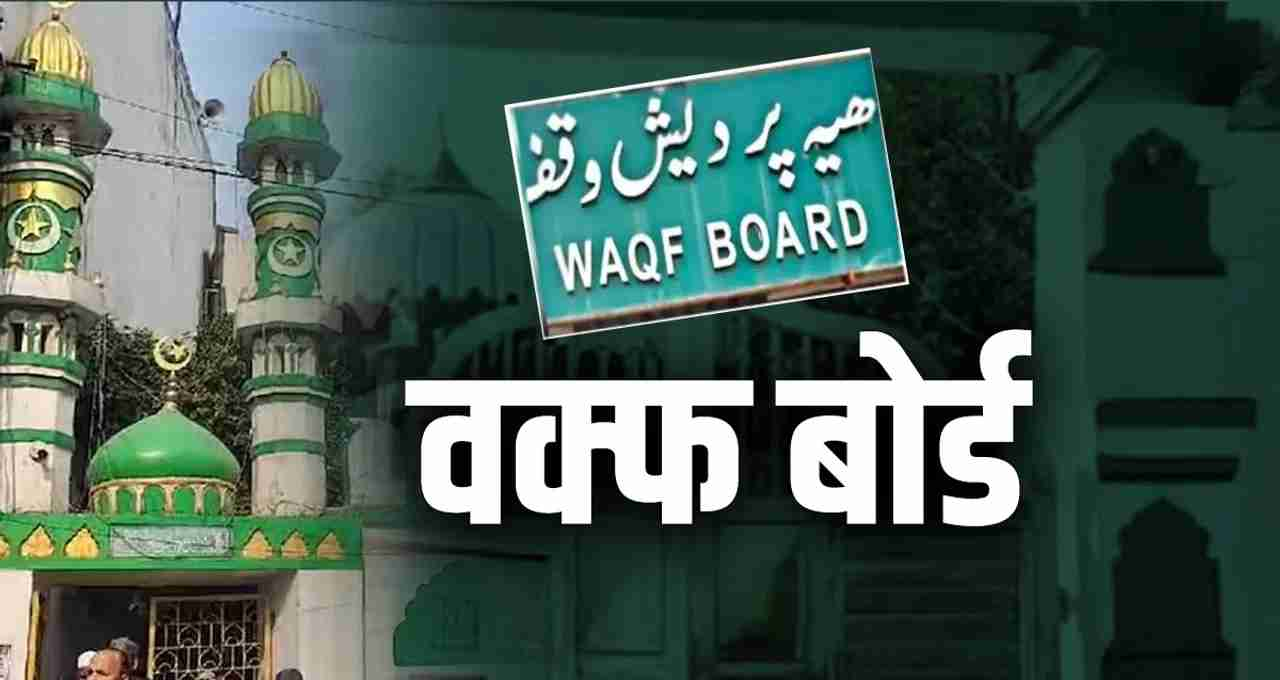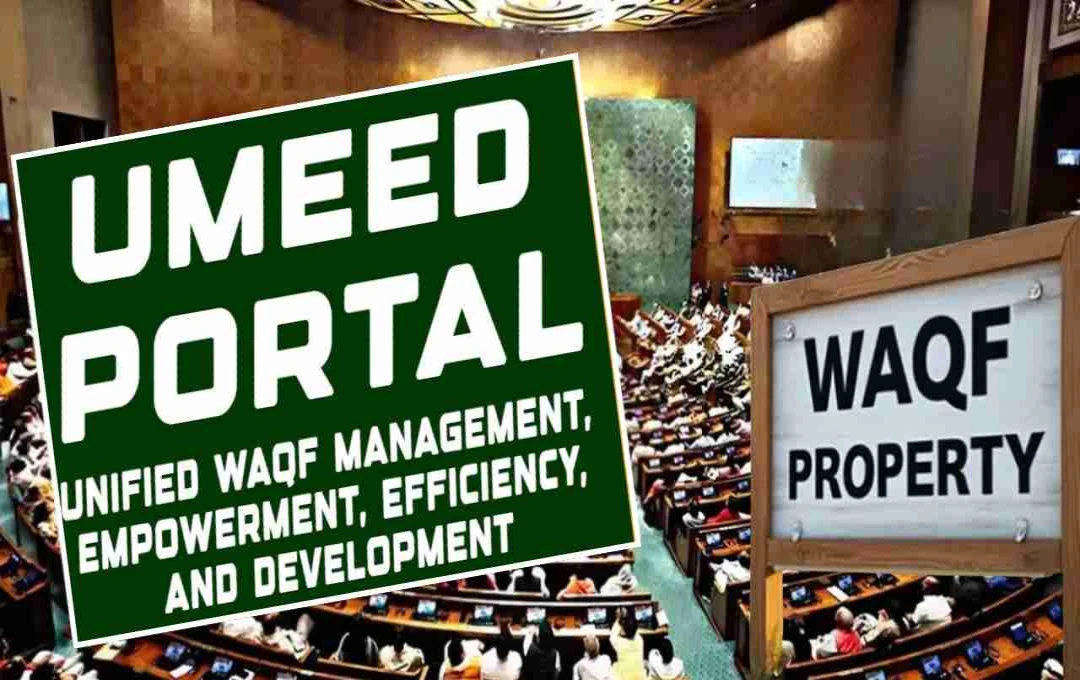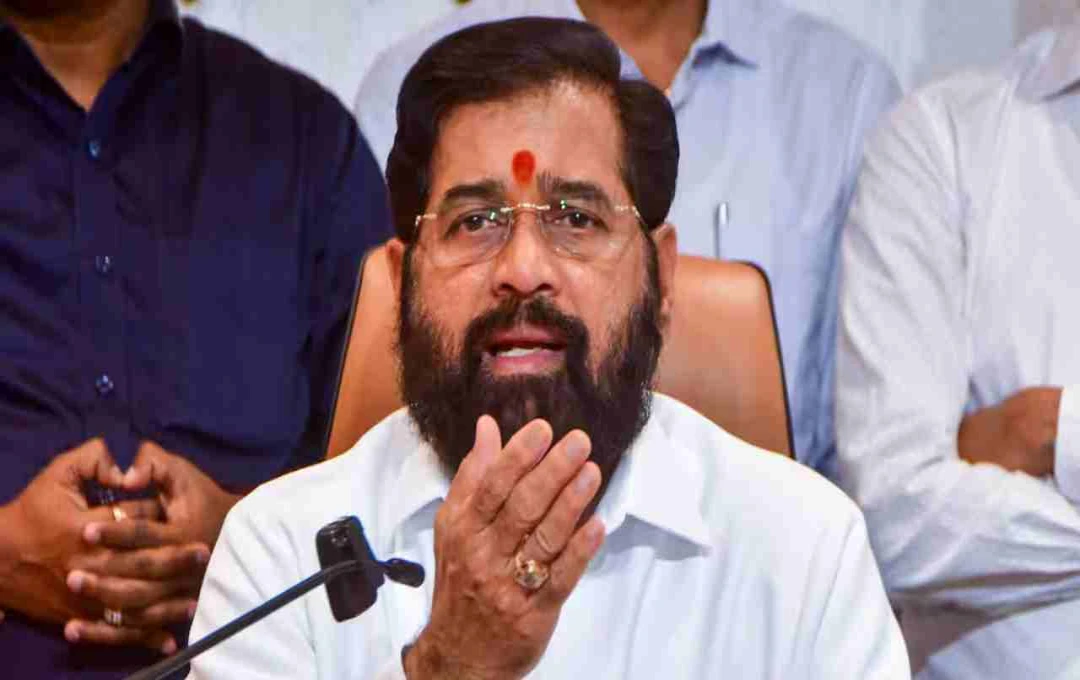The Indian central government has decided to launch a new digital initiative to ensure better management, transparency, and accountability of Waqf properties. On June 6th, 2025, the government will launch a dedicated portal named ‘Ummeed’.
New Delhi: Following a Supreme Court stay on petitions challenging the Waqf Act, the central government has taken a significant step concerning Waqf properties. Sources indicate that the government is launching a dedicated portal, ‘Ummeed,’ on June 6th. Registration of Waqf properties on this portal will now be mandatory under the Waqf Act.
The ‘Ummeed’ portal aims to bring transparency to the management of Waqf properties and make their operation more efficient. This digital initiative will enable more organized and streamlined monitoring and control of Waqf assets.
What is the ‘Ummeed’ Portal?
‘Ummeed’ stands for Unified Waqf Management, Empowerment, Efficiency, and Development. It will be a digital platform ensuring integrated management, empowerment, efficiency, and development of Waqf properties. This portal will bring all Waqf Boards onto a single platform, facilitating the registration, management, and monitoring of properties.

Registration Now Mandatory
Under the current Waqf Act, all Waqf properties in the country must be registered on the portal through the respective state Waqf Board. Every Mutawalli (property manager) must ensure that complete information about the property under their charge is entered on the portal. This includes property details, geo-tagging, ownership documents, and annual accounts.
The government has also clarified that properties registered in the name of women, or where women are heirs, cannot be declared Waqf property. This decision strengthens women's property rights and prevents the violation of individual rights in the name of Waqf.
Geo-tagging and Transparency
Under the ‘Ummeed’ portal, every Waqf property will be geo-tagged, recording its precise geographical location. This will help control issues such as duplicate registration, fraud, or encroachment. All information will be available on a public portal for use by citizens, researchers, and officials.
According to sources, the Election Commission's data will be used to verify the identities of Waqf property owners or managers. This will increase the authenticity of the information uploaded to the portal and reduce the scope for misinformation.

What Happens if Registration is Not Completed on Time?
All Waqf properties must be registered on the portal within six months. If a Mutawalli is unable to register within this period due to technical or other valid reasons, an extension of one to two months may be granted. However, after this deadline, the validity of unregistered properties may be questioned.
It is noteworthy that several petitions regarding the Waqf Act were pending before the Supreme Court. The Supreme Court's stay on the Waqf Act has temporarily halted the hearing of these cases, giving the government an opportunity to proceed. The government is now taking concrete steps to make this entire system digital and transparent.













